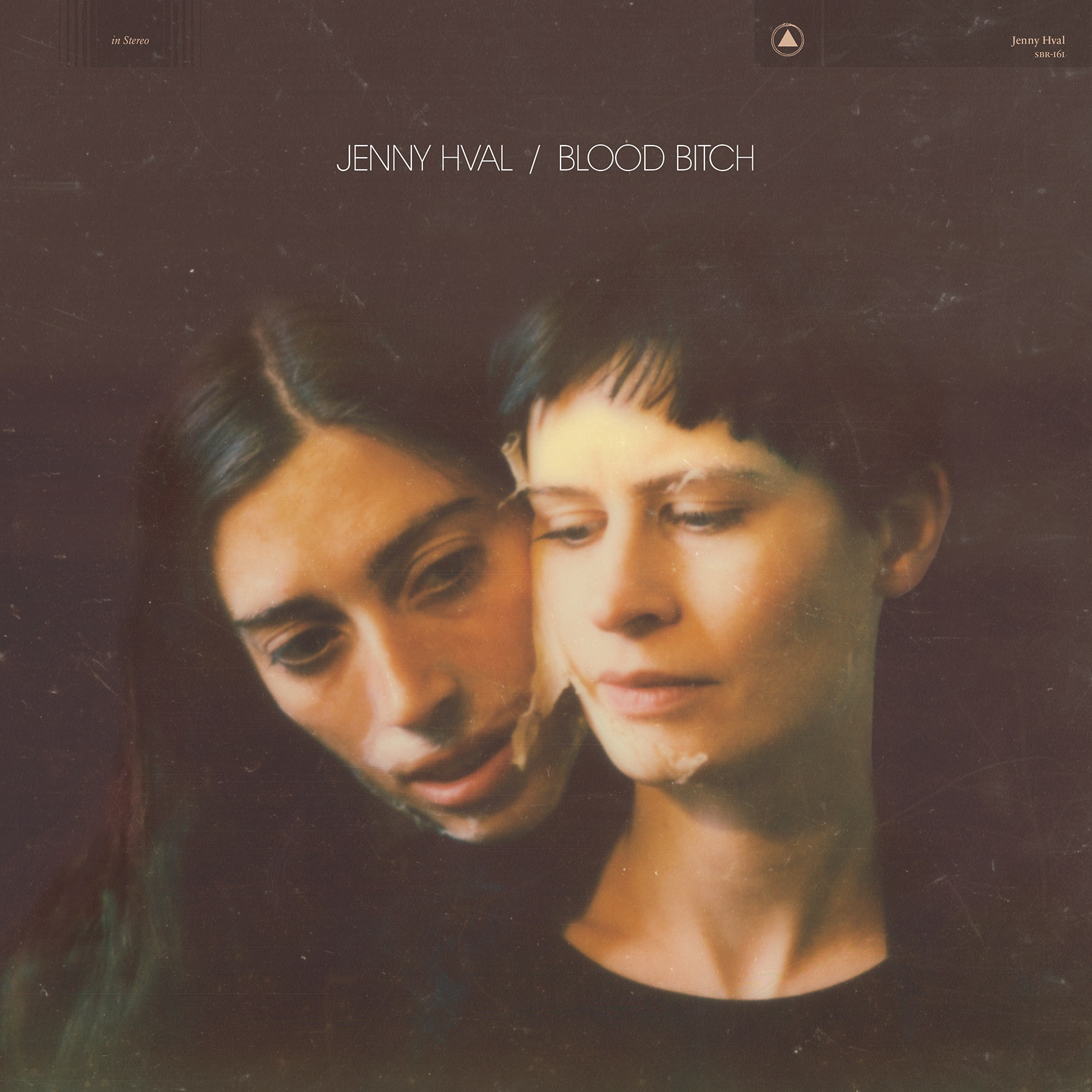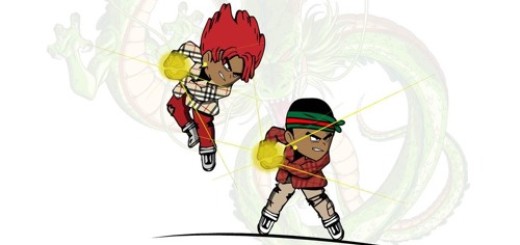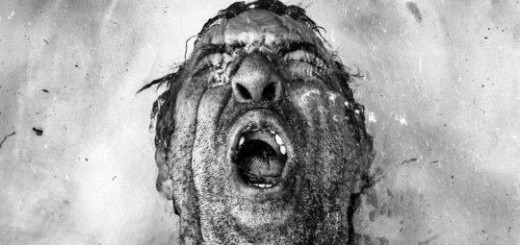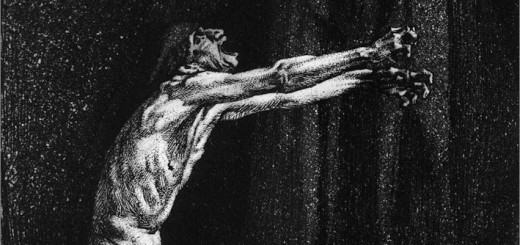BLOOD BITCH by Jenny Hval

Genre: Art Pop
Favorite Tracks: “Female Vampire,” “Conceptual Romance,” “The Great Undressing,” “Period Piece,” “The Plague,” “Secret Touch”
“Last night I took my birth control with rosé.” Intoxicated by an apocalyptic, Trecartin-esque hyper-awareness of the non-realism championing our present situation, and a particular obsession with vampire cinema, Jenny Hval pushes aside the old soft-dick sound that her previous effort APOCALYPSE, GIRL established, in favor of a truly ethereal horror-show, woven together by vignettes of menstrual power and subjective immortality in a superficial sense, with a criticism of love and a celebration of art beneath. Hypnotic instrumentation that unravels in complexity, poly-fidelity sound across the board, stitched-together sung and spoken word, and let’s not forget, a noise-inspired panic-attack climax: BLOOD BITCH surely is a monster of a record, though not a confused one. It’s a fairly common theme for extremely high-concept records to lose their coherence as records for the listener to listen to — oftentimes they become films that you listen to, or worse, really shitty records; Hval manages to craft a succinct yet dense record (37 minutes!) that succeeds in both its casual listenability and its narrative detail. It plays as a film if you want it to, but the music stands its ground regardless of any interpreted or projected narrative.
“It’s so loud / and I get so afraid / so I start speaking.” BLOOD BITCH illustrates a striking, vast expanse throughout its duration, one for both the listener and performer to explore; hinted-at by opening-credit-sequence “Ritual Awakening,” the record is largely dominated by synthesized instruments and curious but deceptive field recordings – only a few moments are graced by accompaniment that lacks a keyboard. Hval returns here with a familiar sense of voice: a playful, stream-of consciousness lyricism centered on the body and its gaze; there is less overt exploration of gender and sexuality involved in her writing compared to APOCALYPSE, GIRL or INNOCENCE IS KINKY, but there is greater focus on a subversive dual lyricism that plays with vampirism and menstrual taboo in an aesthetic sense, while amorality and art-process lie just on the other side.
Utilizing states of oscillation and false truths; “I must justify my presence by losing it,” in juxtaposition with the overt taboo of the situation; “Some people find it painful / But all I feel is connected…Don’t be afraid / It’s only blood,” Hval reflects the common experience of a horrific alienation under capitalist regime that callously tears apart one’s sense of self, as well as one’s experience of love. Though she isn’t personally attacking the notion of one’s self or body, as in her previous work, BLOOD BITCH takes on the overwhelming relationship the collective has with itself as experienced by an individual that, by definition of being part of that collective, is dispossessed by it — the theatrical character of the gothic vampire is distributed, replicated, and vicariously experienced by the individuals acting in part with the modern in a manner not unlike the Bloomesque figure. Her voice is familiar, but the position has changed.
Restless with an anxiety, a droning hum being tapped at the larynx, huffing and panting, settling on the singular phrase, “It hurts everywhere,” behind this confession higher notes cry out until the raucous human noise gives way to the warmth of a droning synth bass on “Conceptual Romance.” Making up the first act of the record, the first four tracks on BLOOD BITCH are as comforting sonically as they are cold lyrically, embracing a sense of blind yearning, going so far as to say:
“I’m high, high on madness
These are my combined failures
I understand infatuation, rejection
They can connect and become everything
Everything that’s torn up in your life.”
By the time the second act rolls around with “Untamed Region,” “The Great Undressing,” and “Period Piece,” much of the landscape has been defined: it is a territory whose only respite seems to be the process of art itself — most every mention of love becomes negated by its co-dependence with markets, “Like capitalism / It works like unrequited love that way / It never rests.” Turning away towards art as a practice less personally influenced by external forces on “Period Piece:” “I must find some kind of art form / where I can call my tongue back from the underground … where I can call my blood / there are multitudes.” Here, Hval orchestrates one of the most complex, harmonious, and frankly beautiful pieces of the record.
While “Period Piece” features the most sonically diverse instrumental “band” section, this moment further shines through its successive track, “The Plague,” the distraught climactic point on BLOOD BITCH; A frankenstein’s monster constructed by sewing together multiple unfinished works, resulting in a disjointedly absurd – “keep that birth, under control!” – yet distinctly anguished beast. Being the longest track on the record, “The Plague” features a tabla, reversed whispers, confessions of never really loving a dog, a vampire (finally), and delay-washed shrieks of “Revolution is debt! What you know is coming / Useless algorithms!” that literally burn up the tension that’s been building thus far – and with an actual fire too as Hval imagines “dropping ashes of [her]self into the void,” before the closing tracks “Secret Touch” and “Lorna” tease some degree of elucidation.
In a compositional sense, these final pieces do act like most other album closers, rounding out BLOOD BITCH with fantastic grandiosity — it’s obvious just by the sound and chords used that the album is reaching its peace. However, on the lyrical side there is no resolution to be found. “Secret Touch” sees Hval questioning love in its relationship with death, freedom, and the flesh, settling to accept it as, “both / ravishing, ravishing / destructive, and most of all, most of all: / Absolutely necessary;” here it seems as if she’s overcome the more economic need for love, but there remains an inescapable relation to it regardless. Maybe art is just a method to ignore that relation? At what point does one become more vital than the other? “I have big dreams / and blood powers / my own artistry.”
“Lorna” is just about vampires.
Verdict: Recommend



